Can I Sue an Airline For Sexual Assault? Lawyers Representing Airline Sex Abuse Victims
Victims of sexual assault on airlines unquestionably have the legal right to pursue litigation against the airline for the harm endured. Competent legal representation is essential in these cases, particularly from specialized lawyers with expertise in airline sexual abuse incidents, which have alarmingly risen according to FBI reports. These legal professionals not only advocate for the victims' rights but also work tirelessly to highlight systemic failures within the airline industry, aiming for the implementation of robust safety and preventative measures. They guarantee a thorough and efficient legal process, guiding victims through the intricate legal landscape that involves jurisdictional challenges and the necessity for substantial evidence. As we explore further, victims will discover the extensive support resources and strategic legal avenues available to them, enhancing their pursuit of justice and accountability.

Legal Representation Essentials
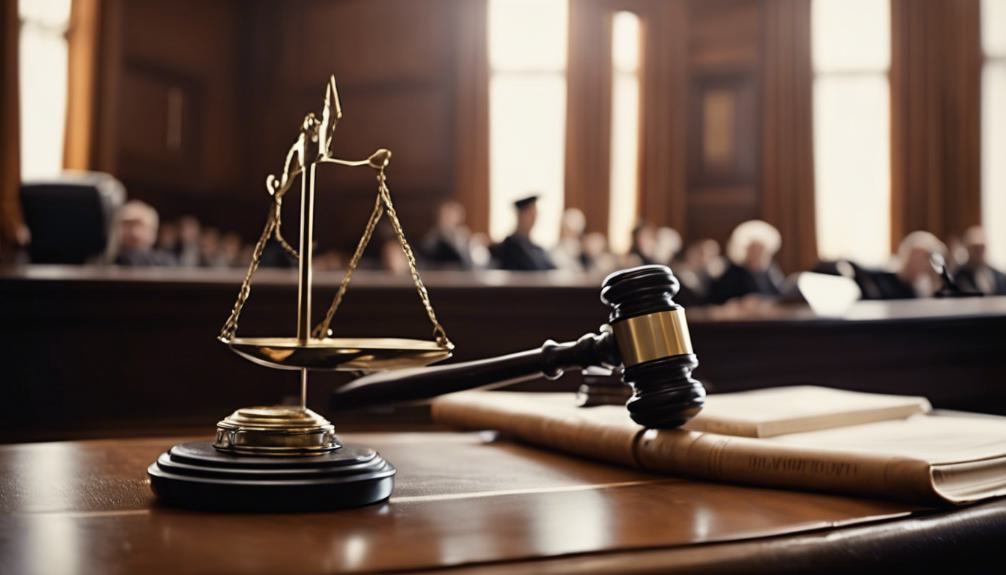
In addressing the critical issue of sexual assault on commercial flights, securing competent legal representation is essential for victims seeking justice and accountability. The unsettling rise in in-flight sex abuse incidents, as reported by the FBI, underscores the importance of this matter. Victims, whether passengers or staff, find themselves maneuvering through a complex legal landscape, often without sufficient support. Specialized lawyers, experienced in airline sexual abuse cases, play a vital role in this situation. They not only advocate for the victim's rights but also guarantee that the legal process is managed efficiently, aiming for outcomes that hold perpetrators accountable. Moreover, legal professionals work to highlight systemic failures, pushing for necessary reforms that contribute to the safety and well-being of all airline passengers and crew members.
Airline Accountability Measures
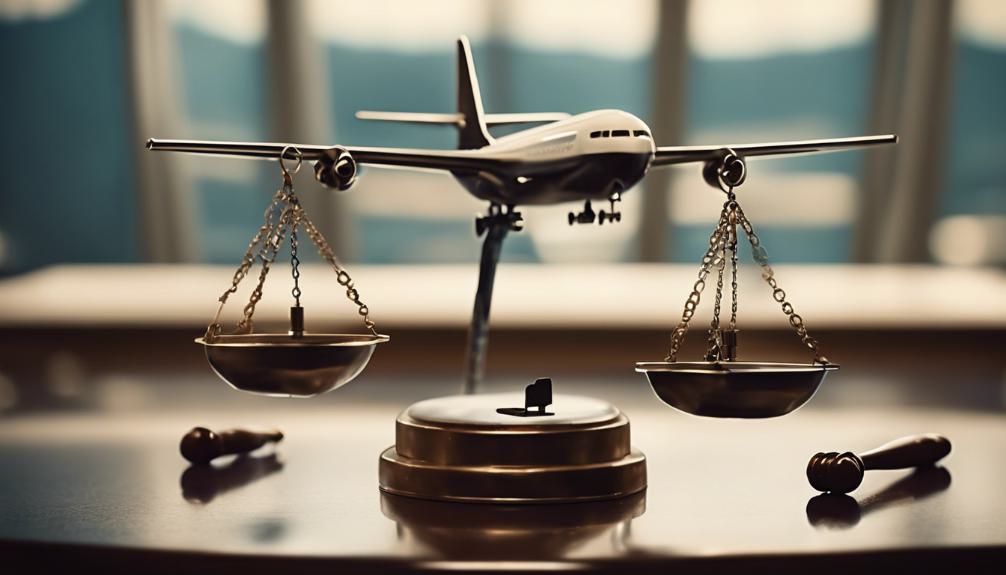
Building upon the foundation of securing competent legal representation for victims, it becomes essential to examine the measures airlines must take to guarantee accountability in preventing and responding to sexual assault incidents. Airlines hold the responsibility to create a safe environment for both passengers and staff. This entails the implementation of rigorous training programs aimed at equipping employees with the skills needed to effectively identify and handle potential sexual assault scenarios. Additionally, airlines are expected to establish clear, accessible reporting mechanisms for victims and witnesses. Ensuring thorough investigations and cooperation with law enforcement agencies further underline their commitment to accountability. These steps are vital not only for providing justice to victims but also in deterring potential offenders by demonstrating a zero-tolerance policy towards sexual misconduct on flights.
Reporting and Prevention Strategies
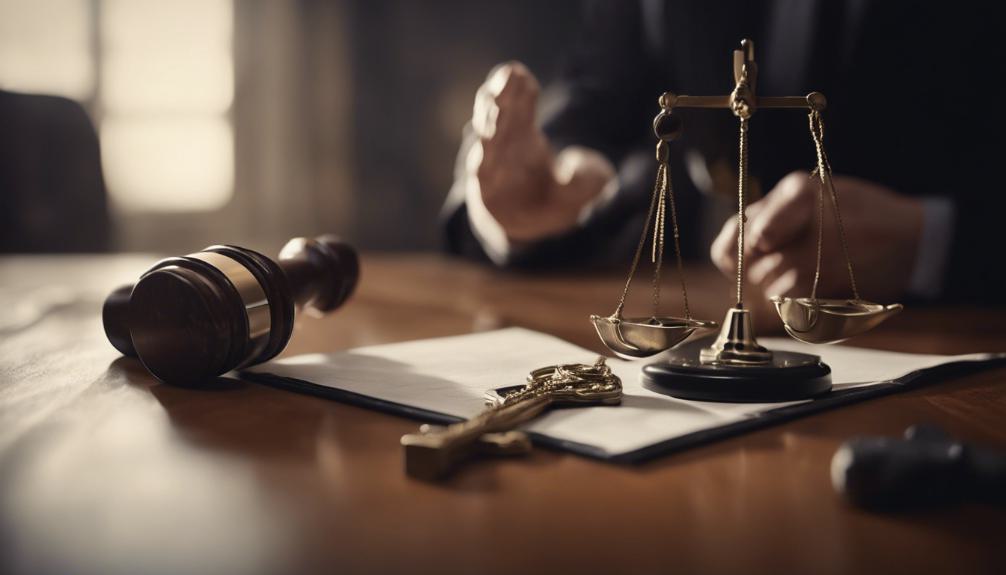
Effective reporting and prevention strategies are crucial for addressing sexual assault incidents on airlines, ensuring both immediate support for victims and long-term improvements in safety protocols. Airlines must establish clear, accessible reporting mechanisms for passengers and staff to report abuse, coupled with swift, confidential investigation processes. Thorough training for flight attendants and crew on recognizing and responding to sexual assault allegations is essential, emphasizing victim sensitivity and the preservation of evidence. Preventative measures, including thorough background checks for airline employees and the implementation of behavioral monitoring systems, can reduce the risk of incidents. Collaborating with law enforcement to refine response strategies further strengthens the airline's ability to handle such serious allegations effectively, promoting a safer travel environment for all passengers.
Victim Support and Resources

Beyond implementing prevention and reporting strategies, providing robust support and resources for victims of airline sexual assault is essential. Victims require immediate and empathetic assistance, including access to medical care, psychological support, and legal advice. Airlines, in collaboration with specialized legal teams, must guarantee that survivors are informed of their rights and the steps they can take towards seeking justice. This may include connecting victims with counselors trained in trauma from sexual assault, offering guidance on how to file a report, and ensuring transparency throughout the investigation process. Additionally, creating a supportive environment that encourages victims to come forward without fear of judgment or reprisal is pivotal. Thorough victim support services not only aid in the healing process but also reinforce the airline's commitment to passenger safety and security.
Jurisdictional Challenges Explained
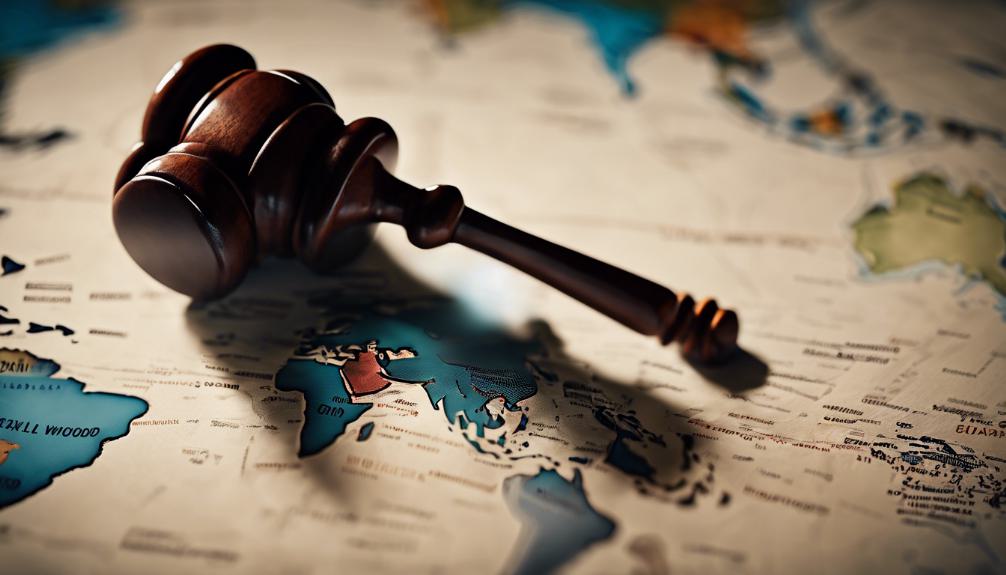
Handling the intricate maze of jurisdictional challenges is an essential step in addressing cases of sexual assault on airlines. The complexity arises primarily because the jurisdiction for prosecuting such crimes can vary depending on whether the incident occurred on a domestic or international flight, and the specific location of the aircraft at the time of the incident. For domestic flights within the United States, the FBI typically has jurisdiction, while international flights introduce a patchwork of laws that can involve the countries of departure, arrival, and even the airspace flown through. Determining which legal framework applies is critical for ensuring that justice is served, making the role of specialized legal professionals crucial in maneuvering these multifaceted legal landscapes.
Investigative Procedures Unveiled

Investigative procedures in cases of airline sexual assault involve a detailed examination of evidence and testimonies to ascertain the facts and hold perpetrators accountable. These investigations are complex, necessitating collaboration between airline security, local law enforcement, and, in some instances, the FBI, especially for crimes occurring on domestic flights. When an assault is reported, immediate steps include securing potential evidence, segregating the accused from the victim, and obtaining statements from witnesses. Forensic evidence may also be collected when possible. The legal framework demands meticulousness in gathering and preserving evidence to guarantee it withstands scrutiny in court. Such diligence is essential for achieving justice for victims and preventing future incidents, thereby reinforcing the imperative for airlines to adopt stringent measures in handling these grave offenses.
Employee Screening Importance
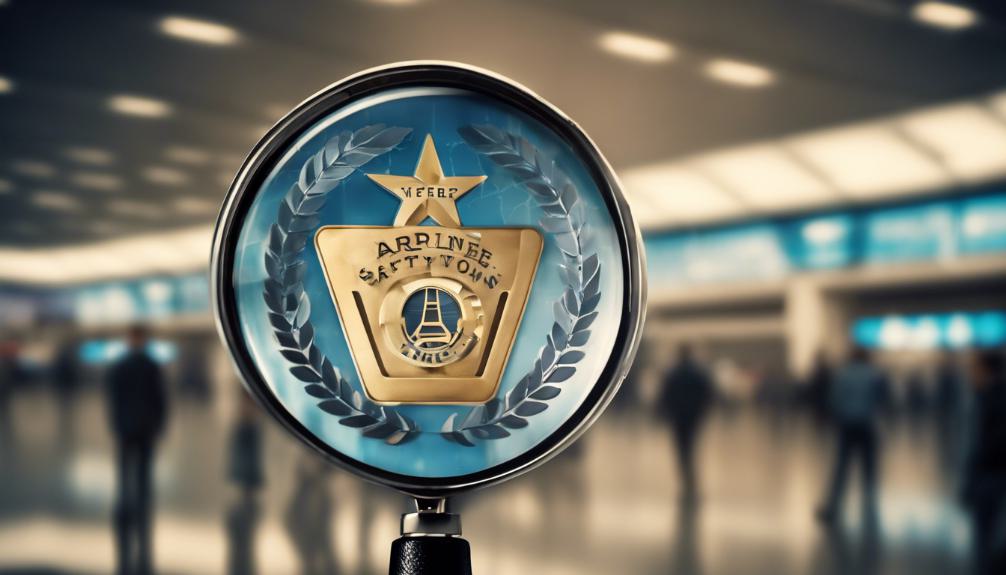
In the context of preventing airline sexual abuse, the importance of thorough employee screening cannot be exaggerated. Airlines bear a substantial responsibility to guarantee the safety and security of their passengers and staff. This begins with the rigorous vetting of prospective employees, which includes conducting extensive background checks for any history of criminal activity, especially regarding sexual abuse or violence. The goal is to identify and disqualify individuals who may pose a risk to passengers and fellow employees. By implementing strict screening processes, airlines can greatly reduce the likelihood of hiring individuals with a propensity for abusive behavior. This proactive approach is a crucial step in safeguarding against the occurrence of sexual abuse within the confines of an aircraft, thereby upholding the airline's duty of care to all on board.
Training for Assault Response
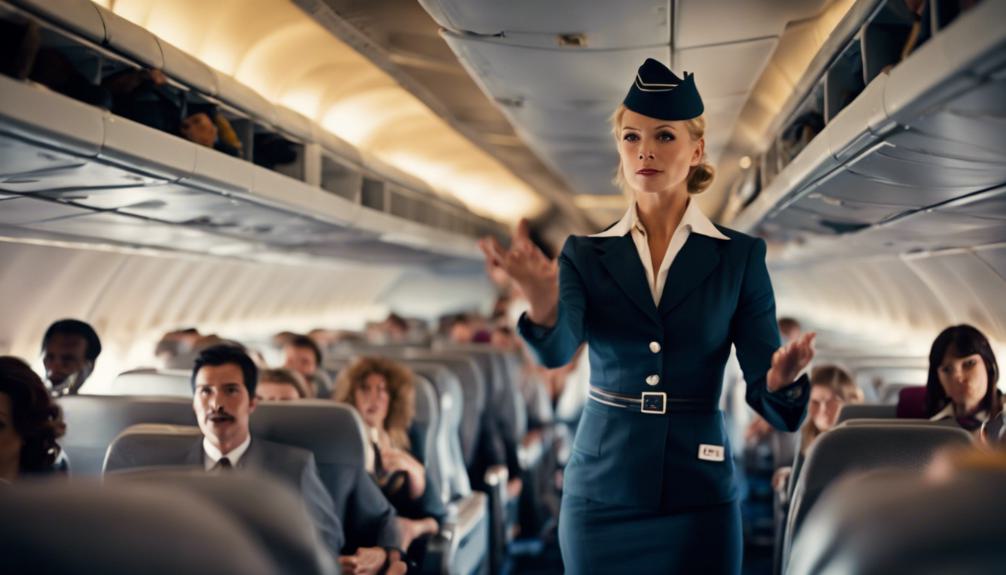
Following the implementation of thorough employee screening processes, it becomes equally important to focus on training staff in effective assault response techniques. This involves educating airline personnel on recognizing potential assault situations, intervening safely, and providing immediate support to victims. Training should cover legal obligations, including how to report incidents accurately to law enforcement and cooperate in subsequent investigations. By equipping staff with these skills, airlines can enhance passenger safety and demonstrate a commitment to preventing sexual abuse on flights. Additionally, such preparedness can play a pivotal role in mitigating the impact of assaults when they occur, ensuring that victims receive prompt assistance and that incidents are handled with the seriousness they warrant. This proactive approach underscores an airline's dedication to passenger welfare and legal compliance.

This post has been generated by AI and was not reviewed by editors. This is Not legal advice. Please consult with an attorney.




